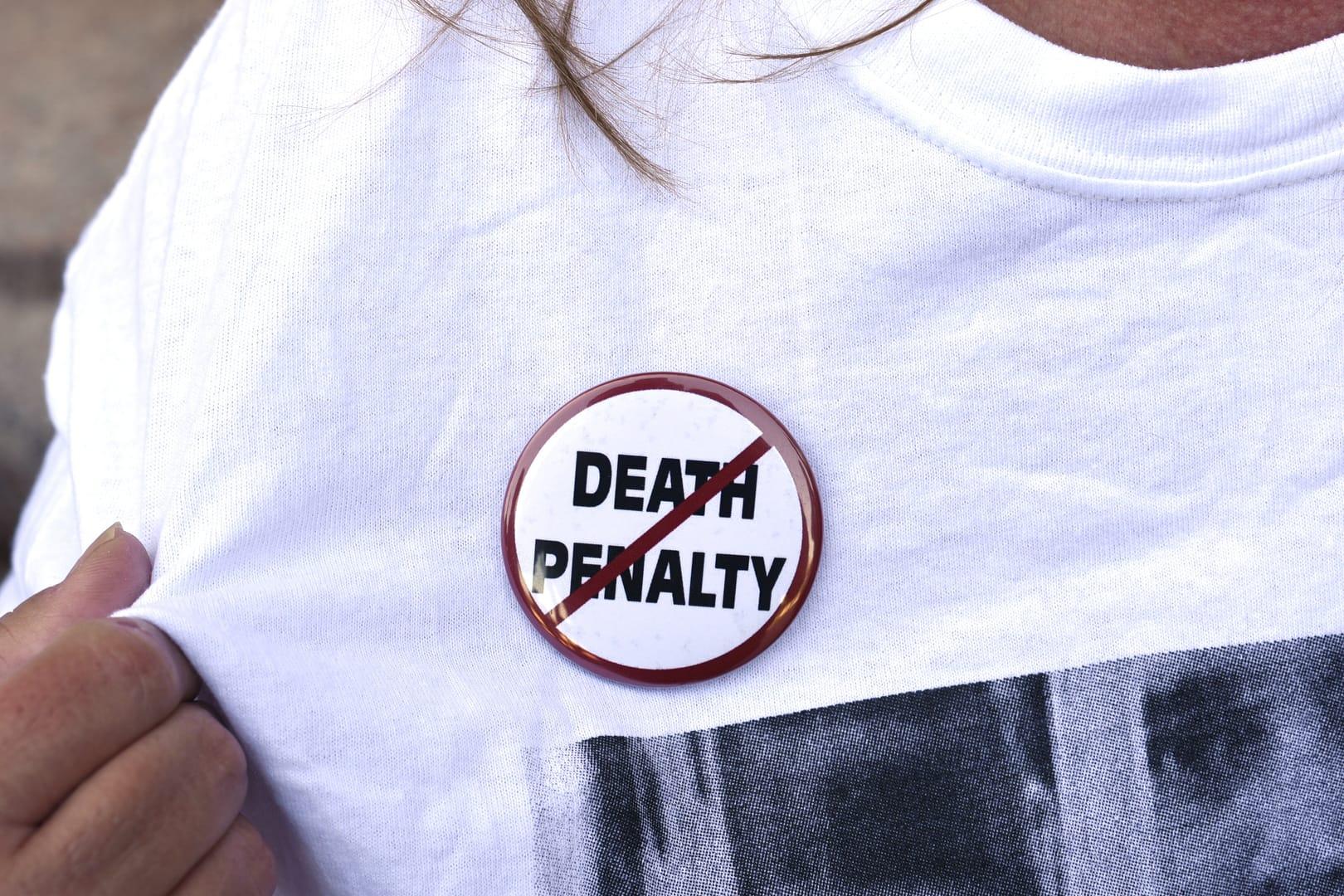WASHINGTON, D.C. — Catholic leaders expressed disappointment with a June 6 ruling by a federal judge in Oklahoma calling the state’s three-drug lethal injection method constitutional.
The ruling enables the state to move ahead with executions for more than two dozen death-row inmates who were plaintiffs in a case arguing against the lethal injection drugs and requesting another form of execution.
Judge Stephen Friot, of the U.S. District Court for the Western District of Oklahoma, announced his decision just over three months after a weeklong trial when attorneys for 28 death-row inmates said that the first of the three drugs used in lethal injection — the sedative midazolam — did not prevent inmates from feeling pain.
They stressed that the severe pain and suffering the inmates would experience violated the Eighth Amendment of the U.S. Constitution prohibiting cruel and unusual punishment.
The judge said their argument fell short of precedent set by the Supreme Court, which has previously looked at challenges to the lethal injection method and denied that the three-drug protocols used in executions were cruel and unusual punishment.
Catholic Mobilizing Network called the judge’s ruling “disheartening” and said in a June 6 tweet that the decision “comes amid declining support for capital punishment across the country.”
After the ruling was announced, Archbishop Paul S. Coakley of Oklahoma City reiterated his anti-death penalty position.
In a June 6 statement, he said: “No matter the decision of the court on Oklahoma’s protocol, the use of the death penalty only contributes to the continued coarsening of society and to the spiral of violence.”
He added that “taking another life does not ultimately bring closure and peace to those who have lost a loved one and it goes against the principle of valuing life.”
The archbishop also urged state leaders to end the use of the death penalty.
Sister Helen Prejean, a Sister of St. Joseph of Medaille, who is a longtime opponent of the death penalty, took Oklahoma to task for its use of lethal injection drugs in a series of tweets June 6.
She specifically noted the state’s botched executions in recent years, saying: “Oklahoma has arguably botched every execution it has attempted to carry out since 2014. The courts are so far unwilling to do much of anything about it.”
She also said the state has “demonstrated time and again that it should not be trusted with the power to kill citizens.”
Jennifer Moreno, one of the lawyers for the inmates, told The Associated Press that they are still assessing their options for an appeal to the 10th U.S. Circuit Court of Appeals in Denver.
“The District Court’s decision ignores the overwhelming evidence presented at trial that Oklahoma’s execution protocol, both as written and as implemented, creates an unacceptable risk that prisoners will experience severe pain and suffering,” she said in a statement.













